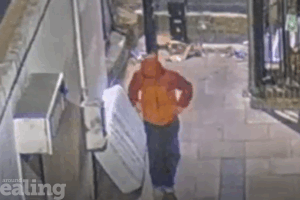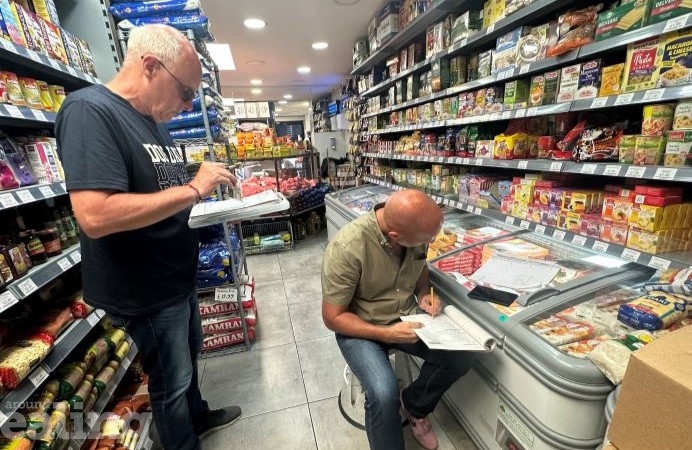After nine years of ongoing cuts many councils are on the brink of bankruptcy and austerity is far from over.
This same period has seen our government funding cut by 64p in every
pound, and the council had little choice but to put up core council tax by
2.99% for the 2019/20 financial year. I am sure you will have received your
bills through the post by now.
Indeed, with just 36p remaining of each pound we used to get in government funding, we, like other councils, are having no choice but to take some painful decisions to make ends meet.
The council decided it should also pass on the government’s 1% social care levy, which is a separate charge to help pay towards the care of older people and adults with additional needs. This means the average council tax bill will rise by £1.38 a week from April 2019.
There is record demand for vital services protecting vulnerable residents, including adult social care, child protection and homelessness.
We spend roughly £7million pounds a month on social care, yet the increase in core council tax would only give us about £3.6million pounds to cover the whole year – which helps to explain the scale of our financial challenge.
After the 2.99% increase in the core council tax and adding the government’s 1% social care precept, the Band D council tax for 2019/20 will be £1,512.12. This also includes the Greater London Authority (GLA) precept, which pays for the Metropolitan Police, the London Fire Brigade, Transport for London and other services managed by the GLA.
We have been doing all we can to protect frontline services. But, as I explained in the last two editions of Around Ealing, the council is facing up to a budget gap of £57million. This year, the council has managed to identify £24million of savings. This has involved making efficiency savings, cutting back-office functions and tiers of management and changing some services.
In addition, the council’s Future Ealing programme means it is constantly reviewing how it spends its money to make sure it can prioritise improving the lives of people in greatest need.

The full budget strategy report is available on the council’s website at www.ealing.gov.uk/committees and by clicking on the 12 February cabinet meeting.







